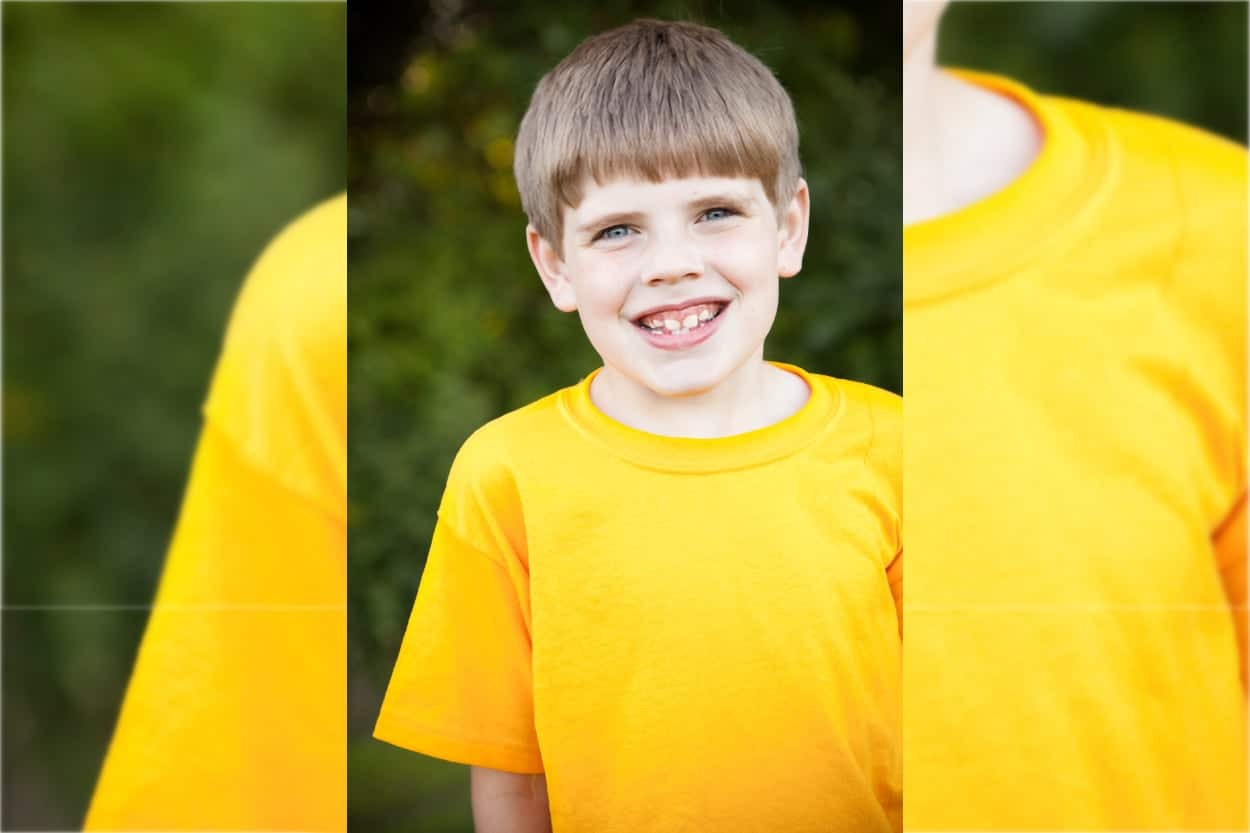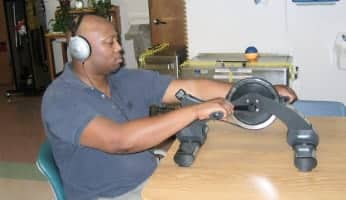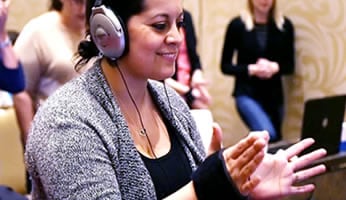Timing drives Self Esteem & Coordination for CP child

Home - Testimonials - Pediatric Testimonials - Timing drives Self Esteem & Coordination for CP child

Timing drives Self Esteem & Coordination for CP child
Some children with cerebral palsy have great difficulty with coordination and timing. They may have difficulty with their fine motor skills, catching a ball or walking smoothly. In watching these wonderful kids over the years, I have noticed 2 things,
- that their timing can be off when they try to perform coordinated tasks. For example when they work on their ball skills they close their hands too early or too late to catch/bounce the ball and
- that they sometimes lack self confidence in their physical skills making them less likely to practice them.
Many of these kids have been in therapy for their entire life, and then when they reach 10, 11, 12 years old they grow tired and weary of the typical weekly sessions of practicing the skills themselves. While practice of skills is definitely necessary, I think we are learning to go a step further to address the underlying issues of timing and coordination with the Interactive Metronome program.
When performing exercises during our IM sessions, I am able to challenge the kids to learn how to regulate their timing skills to match the computer based cowbell sound. “Johnny” worked very hard at IM to get as many bursts as he could. Initially, it was very difficult for him. His diagnosis was Diplegic cerebral palsy and he thought that a simple motion like clapping would be easy for him.
As I watched him, I could see some spasticity interfere with his ability to move his arms smoothly. Johnny became very frustrated, as he really wanted to lower and beat his scores. We ended up doing a hand over hand exercise. I would take support away with each clap, so that he was doing more on his own. Eventually I would just touch his wrist to help with cues, but he began to improve with the timing on his own. He was very pleased with his progress, especially when he no longer needed my help to get a good score.
Johnny was very fatigued after each session and would tell me that his brain felt fuzzy and tired. That told me how cognitive this task was for him, and that he was working hard to lay down new tracks in his brain. Johnny’s mother told me that she saw her son starting to do things in different ways. The biggest area that was impacted was his self-care skills. Although he was fairly independent, mom always had to “finish up” by doing the clothing fasteners.
She started to notice that he wasn’t asking for as much help and that he would come down for breakfast with his jeans already buttoned. This was a huge sign of success for him, as it had been on his list of therapy goals for several years. His mom also noticed that he spent more time reading for enjoyment. He had always been a good reader, but really only read for school. They were thrilled with that improvement as well.
One of the biggest improvements that I observed was an increase in self esteem related to his physical skills. Never in his life had he been commended for his physical coordination.
He enjoyed knowing that professional sports teams were using IM, and as his scores improved, he would wonder if he was beating a football player’s score. This was very motivating for him!
If your child has a diagnosis of cerebral palsy, and could use some help with their coordination and timing, you may want to check out the IM or IM-Home, it could be a great adjunct to their currently therapy program!




